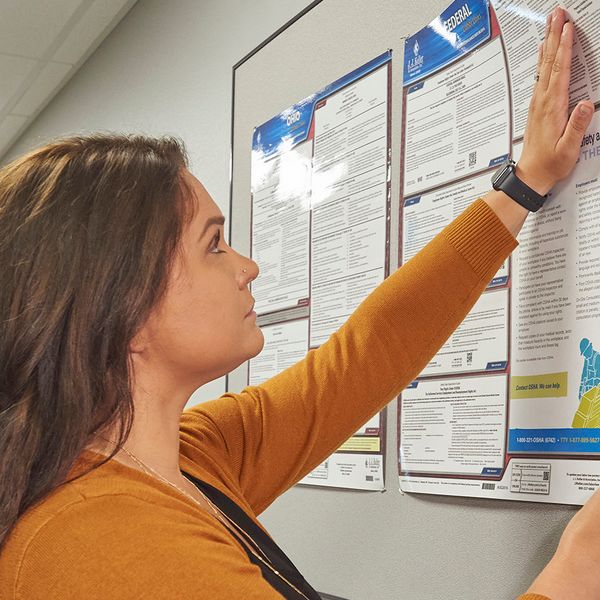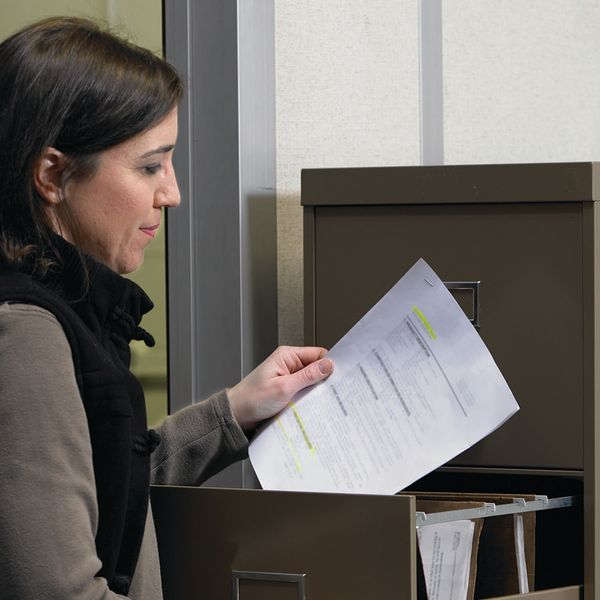May we tell supervisors why an employee is on FMLA leave?
The short answer to that question is generally, no. The reason is due to what the FMLA regulations indicate. So, even if a supervisor asks HR, “Why does my employee need FMLA leave?” HR can’t disclose such details. If the supervisor is frustrated by that, employers may say they are legally bound to keep such information confidential and remind them that HR would protect their private medical information, too.
What the regs say
Under the federal Family and Medical Leave Act (FMLA), records and documents relating to FMLA certifications, recertifications, or medical histories of employees or their family members must be maintained as confidential medical records. Employers must keep these records separate from the usual personnel files so supervisors can’t see their employees’ medical data.
Reference: 29 CFR 825.500(g) for all the FMLA nerds out there.
Sharing information from those records and documents would not be keeping it confidential.
The FMLA pulls this requirement from other laws such as the federal Americans with Disabilities Act and the Genetic Information Nondiscrimination Act (GINA), which also require employers to keep employee (and applicant) medical information confidential.
3 reasons employers may share FMLA info
In very limited situations, employers are allowed to share some information:
- Work restrictions: Employers may tell supervisors and managers about any necessary restrictions an employee has related to the work or duties of an employee and any needed accommodations. This doesn’t mean that employers should disclose specific medical information, but rather, what restrictions the employee has. Instead of saying, for example, that an employee has migraines, they might say that the employee needs time off now and then for a medical condition.
- Emergency care: Employers are allowed to tell first aid and safety personnel (when appropriate) if an employee's physical or medical condition might require emergency treatment. If first aid and safety personnel need the name of the condition, employers may disclose it. Otherwise, they can focus only on the potential treatment. If, for example, an employee has diabetes, emergency response team members can be better equipped to respond if they know that, should the employee have a related incident. Employers may ask employees if they would like to voluntarily disclose such information before an issue arises.
- Government audits: If a U.S. Department of Labor’s Wage and Hour Division representative from the comes and asks to see FMLA certifications and recertifications, employers should not hesitate to share. Making sure these are easily accessible for such situations can help avoid delays.
Key to remember: Employers should not tell supervisors why a particular employee is on FMLA leave, with very limited exceptions for certain situations.
























































